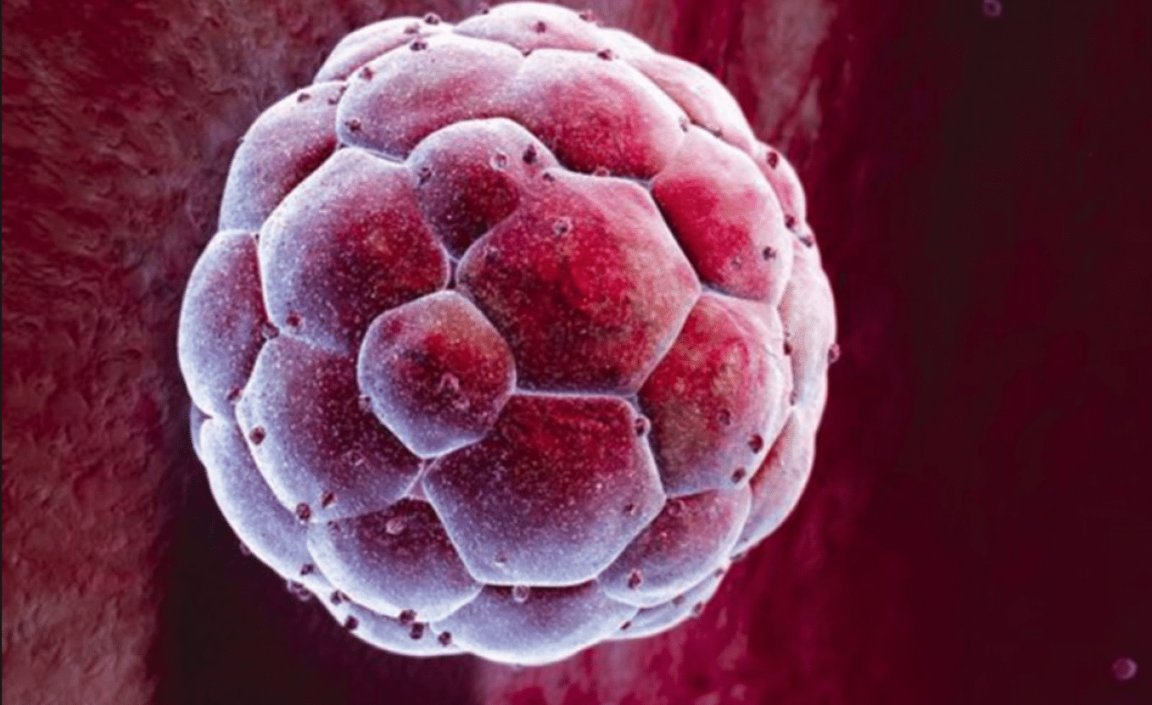
An Unexpected Side Effect
A new study is now challenging the long-believed notion that women are born with a finite number of eggs and cannot form any more later in life.
Researcher Evelyn Telfer and a team from the University of Edinburgh noticed that cancer patients taking a chemotherapy drug called ABVD didn’t experience the same fertility problems as patients taking other drugs. They decided to specifically study the effects of the drug on fertility by taking ovarian biopsies of eleven women with Hodgkin lymphoma (a lymphatic cancer) and ten healthy women. Eight of the women with cancer had been given ABVD, and three were given a stronger drug combination known to cause infertility.
The researchers discovered that the ABDV-treated women had between two and four times the density of viable eggs in their ovaries compared to the healthy women, while those given the stronger drug combination had far fewer. “This was something remarkable and completely unexpected for us. The [ovary] tissue appeared to have formed new eggs,” Telfer notes in a report from The Guardian. She reported that the eggs of the ABVD-treated patients also appeared “younger,” more like the eggs seen in pre-pubescent girls than those found in adults.
More Questions Than Answers
Telfer’s study suggests that ABDV could actually be encouraging the women’s ovaries to grow new eggs, but she and her colleagues are quick to add that they are still a long way from fully understanding what’s going on.
“There’s so much we don’t know about the ovary,” she said. “We have to be very cautious about jumping to clinical applications.”
Other potential explanations do exist for the increased density of viable eggs. The additional eggs could have been in the ovaries the whole time, but the treatment caused them to rise to the surface. ABDV could have also caused existing egg follicles to split in half, seemingly doubling the number of eggs.
If ABDV is confirmed to generate new and viable eggs, however, the discovery would change so much of what we thought we knew about female fertility. Until now, the finite number of viable eggs has been the main constraint on the female reproductive lifespan and the reason women are said to have a “biological clock.” It could lead to the discovery of treatment for infertility problems in younger women or even a way for older, post-menopausal women to have children.
New discoveries like those found in Tefler’s research are constant reminders of how much there is to know about human biology and how little of what we “know” is immutable.